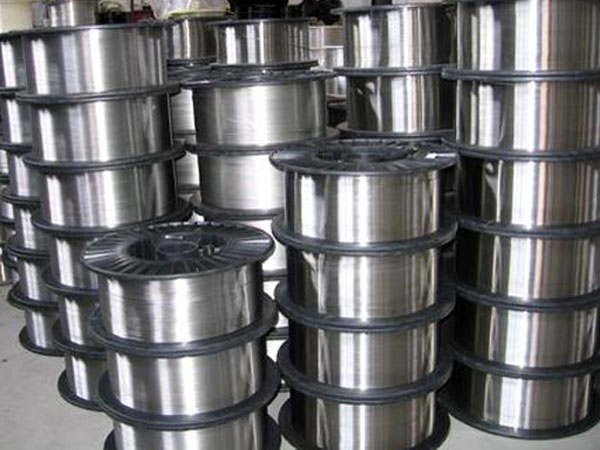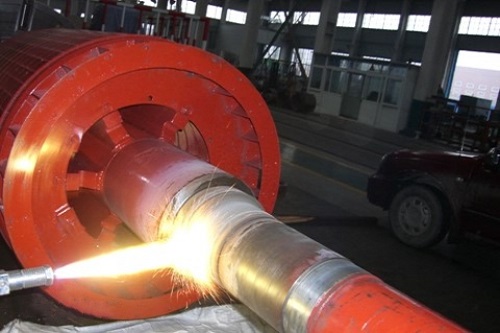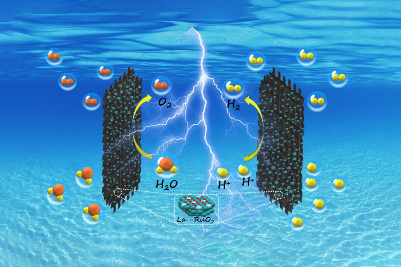CP Titanium – Commercially Pure Titanium Introduction
According to its corrosion resistance, ductility, and strength, commercial pure titanium (CP titanium) is divided into four different grades Grade 1, Grade 2, Grade 3, and Grade 4.
Titanium CP4 – Grade 1
Commercially pure titanium grade 1, as the softest titanium, has the highest ductility, good cold-forming characteristics and corrosion resistance, excellent welding properties, and high impact toughness.
Applications
Automotive Desalination, Architecture, Processing & Chlorate Manufacturing, Medical, Dimensional Stable Anodes, Marine
Standards
ASME SB-363, ASME SB-265, ASME SB-337, ASME SB-381, ASME SB-337, ASME SB-338, ASME SB-348, ASME SB-338, ASTM F-67,
Forms Available
Sheet, Flanges, Bar, Welding Wire, Forgings

Titanium CP3 – Grade 2
Commercially pure titanium grade 2 has excellent cold-forming properties and moderate strength. It has excellent resistance to corrosion and oxidation and provides excellent welding properties.
Applications
Chemical Processing & Chlorate Manufacturing, Automotive, Power Generation, Aerospace, Desalination, Architecture, Marine, Hydro Carbon Processing Medical
Standards
ASME SB-363, AMS 4902, ASME SB-265,ASME SB-381, ASME SB-338, ASME SB-348, AMS 4942, ASTM F-67, ASME SB-337, AMS 4921, ASME SB-338, ASME SB-337
Forms Available
Bar, Forgings, Pipe, Flanges, Fittings, Sheet, Plate, Welding Wire, Tube, Wire
Titanium CP2 – Grade 3
Commercially pure titanium grade 3 is less formable and stronger than titanium grades 1 and 2. It is widely used in aerospace and industrial applications that need moderate strength. And it has excellent corrosion resistance.
Applications
Architecture, Chemical Processing & Chlorate Manufacturing, Aerospace, Automotive, Marine, Desalination, Medical, Hydro Carbon Processing, Power Generation,
Standards
ASME SB-363, ASME SB-348, ASME SB-338, ASTM F-67, AMS 4921, ASME SB-265, AMS 4902, ASME SB-337, ASME SB-381,ASME SB-337, AMS 4942, ASME SB-338
Forms Available
Forgings, Flanges, Bar, Pipe, Plate, Sheet, Welding Wire, Fittings, Tube, Wire

Titanium CP1 – Grade 4
Commercially pure titanium grade 4 has more strength than CP Grades 2 & 3 – it can be cold formed but is less ductile. It has very good corrosion resistance in many environments. Grade 4 titanium is widely used in industrial, aerospace, and medical applications where high strength is required.
Applications
Aerospace, Marine, Industrial, Chemical process, Medical
Standards
ASME SB-363, ASME SB-337, ASME SB-381, ASME SB-265, ASTM F-67, AMS 4901,ASME SB-348, AMS 4921, ASME SB-338
Forms Available
Bar, Sheet, Forgings, Wire, Welding Wire
Conclusion
Thank you for reading our article and we hope it can help you to have a better understanding of CP titanium. If you want to learn more about titanium products, we would like to advise you to visit Stanford Advanced Materials (SAM) for more information.
Stanford Advanced Materials (SAM) is a worldwide supplier of titanium products and has over two decades of experience in the manufacture and sale of commercially pure titanium, providing high-quality products to meet our customers' R&D and production needs. As such, we are confident that SAM will be your favorite titanium supplier and business partner.




